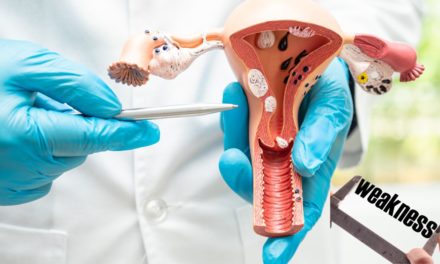Introduction
The urinary system plays a vital role in maintaining the body’s fluid balance, eliminating waste, and regulating various bodily functions. However, like any intricate system, the urinary system can face disorders that can affect overall health. This article aims to provide a comprehensive overview of urinary system disorders, exploring their causes, symptoms, available treatments, and preventive measures. By fostering awareness and understanding, we can empower individuals to recognize the signs of urinary system disorders and take proactive steps to maintain their urinary health.
The Urinary System: A Crucial Mechanism
The urinary system consists of the kidneys, ureters, bladder, and urethra, working together to filter and eliminate waste from the body.
Common Urinary System Disorders
- Urinary Tract Infections (UTIs): Bacterial infections that affect different parts of the urinary tract, leading to discomfort and pain during urination.
- Kidney Stones: Hard mineral and salt deposits that form in the kidneys and can cause intense pain when they travel through the urinary tract.
- Bladder Disorders: Conditions like interstitial cystitis and overactive bladder that affect bladder function, causing urgency and frequency.
- Kidney Diseases: Conditions like chronic kidney disease, glomerulonephritis, and polycystic kidney disease that impair kidney function.
- Urinary Incontinence: Involuntary leakage of urine due to weakened pelvic muscles or nerve damage.
Recognizing Symptoms
Different urinary disorders may present with varied symptoms, including:
- Pain or discomfort during urination
- Frequent urge to urinate
- Blood in urine
- Lower back pain or abdominal discomfort
Treatment and Management
- Medications: Antibiotics for UTIs, pain management for kidney stones, and drugs to regulate bladder function.
- Lifestyle Modifications: Hydration, dietary changes, and pelvic floor exercises to manage urinary incontinence.
- Surgical Interventions: Procedures to remove kidney stones or address underlying kidney conditions.
Prevention and Well-being
- Hydration: Adequate water intake helps flush out toxins and reduces the risk of UTIs and kidney stones.
- Balanced Diet: Incorporate foods rich in fiber, antioxidants, and nutrients to support kidney health.
- Hygiene Practices: Proper genital hygiene and emptying the bladder after sexual activity can reduce UTI risks.
- Regular Check-ups: Routine medical check-ups help detect urinary system disorders in their early stages.
Seek Medical Advice
If you experience persistent urinary symptoms or discomfort, consult a healthcare professional for proper diagnosis and treatment.
Result
Understanding urinary system disorders is essential for maintaining overall health and well-being. By recognizing the symptoms, adopting preventive measures, and seeking timely medical advice, individuals can manage and even prevent many urinary system disorders. Let us stand united in raising awareness, advocating for proper urinary health, and championing a world where everyone can enjoy optimal well-being through informed decisions and proactive care for their urinary system.










